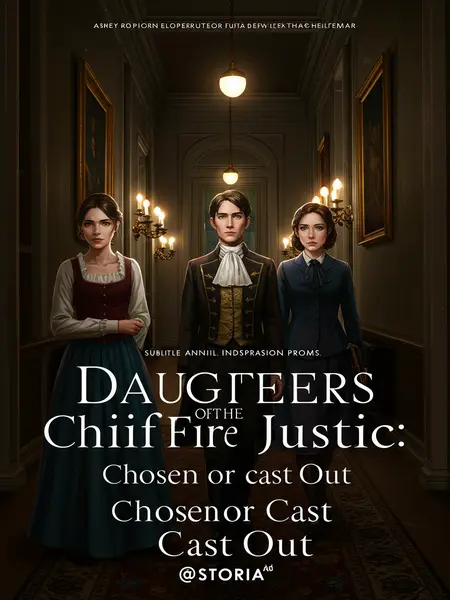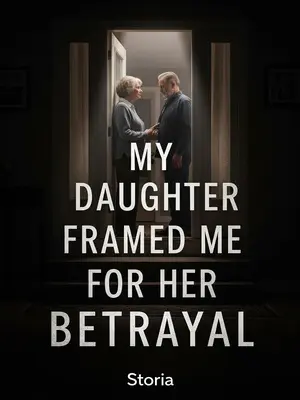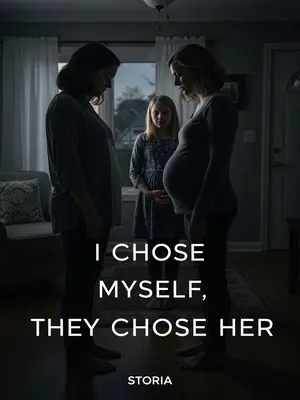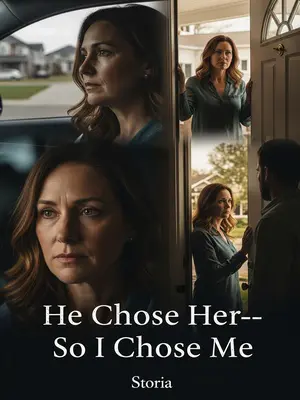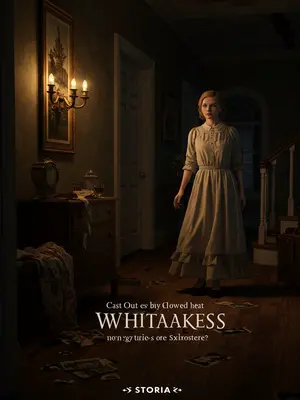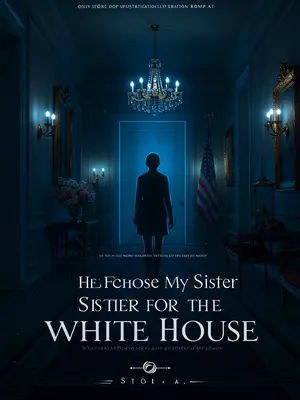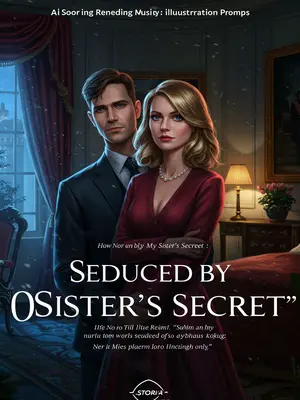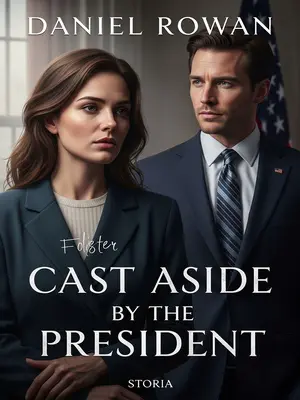Chapter 10: The Cost of Survival
I didn’t let the maid announce me, just went straight to Julia’s room. Pushing open the door, I saw Julia, wrapped in a plain robe, gazing at a painting. In the painting, willows like mist, a figure in blue standing in the wind—only his back was shown, but he radiated quiet strength. It was Matthew Jennings, the man who recited poetry at the garden party.
"Julia…" I called softly. She quickly hid the painting, panic flashing on her pale face. I looked at her thin face, unable to bear it, and said, "If you keep being sick, how can you get better?"
Julia laughed, a sound like ice cracking. "To them, delaying a wedding is the worst crime." By ‘them,’ she meant Mom and Dad.
I said nothing, just remarked, "I heard Matthew Jennings is marrying the Senator’s daughter soon."
The painting fell to the floor with a thud; Julia forced a cold smile. "Politics has nothing to do with us girls."
I picked up the painting. "Do you know why Dad didn’t marry you to the Jennings family?"
"Isn’t it because the Jennings aren’t old money, not good enough for the Connellys? We’re just assets waiting for a price—what does it matter who we marry?"
Julia lifted her head, like a scholar facing the gallows. "Just tell them: if I make it to my wedding day, I won’t embarrass the family."
I sighed. "You’re wrong. It’s exactly because Dad knows Matthew Jennings is a rising star that he can’t make this marriage. Jennings works for the Inspector General; Dad’s the Chief Justice. If he teams up with someone close to the President, what will the White House think? The First Lady just had a baby; everyone’s watching the Connellys. One mistake, and it’s over."
Julia suddenly coughed hard. "You all… only see calculation. Is there any room for real feeling?"
"Calculation?" I snorted. "You think Dad’s career was built on flattery? Last year, when the Mississippi flooded, Dad donated half his fortune to relief; this spring, during the Midwest drought, he fought to open the food banks. If he wasn’t good at calculating, millions would’ve gone hungry; if he didn’t weigh the risks, the Connellys would be the ones ruined."
I stepped closer. "The simple life you talk about—do you mean being a cashier, counting pennies, or a farm wife, watching your kid starve in a drought? The herbal tea you drink, the fancy creams you use—aren’t they from the wealth Dad kept safe through calculation? Without that, you wouldn’t even have plain bread and water."
Julia staggered back, her spine against the cold wall. I reached to wipe her tears, only to find my own cheeks wet. "We were born Connellys. Our love, even our lives, are lighter than air compared to the lives of three hundred Connelly relatives."
Julia slowly slid to the floor, her hairpin falling and hitting the hardwood with a sharp sound. I crouched down, gently hugging her shaking shoulders. We cried together, both knowing—this grief was for lives mapped out long ago, and for the debt owed to the protection of a powerful family.
